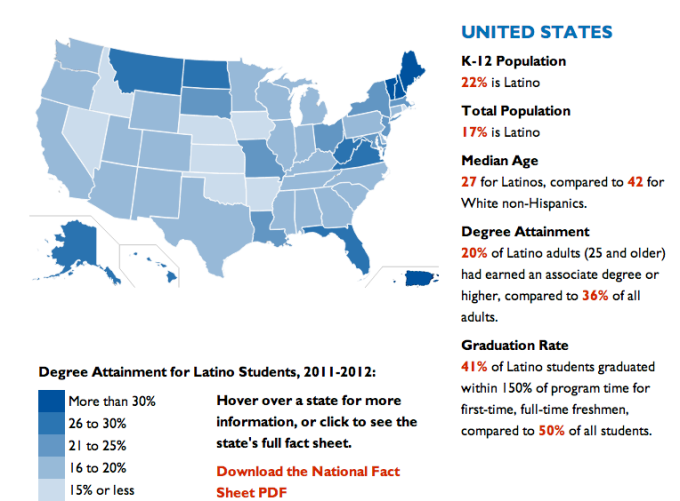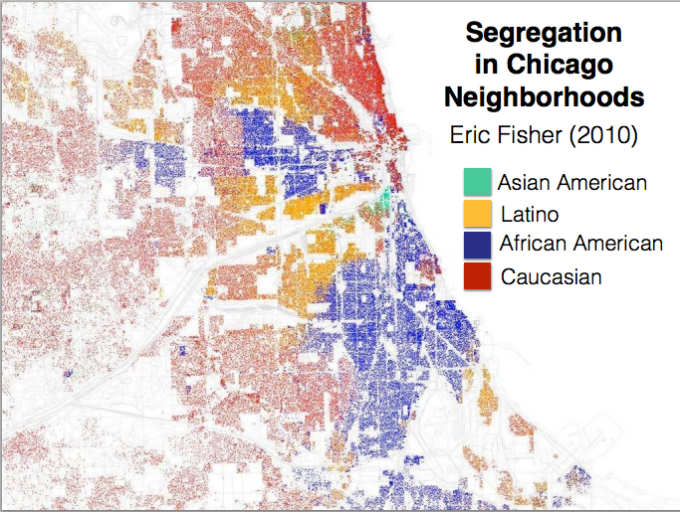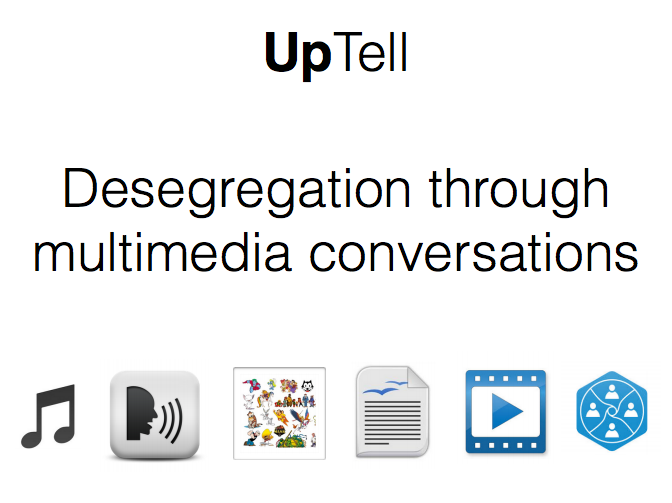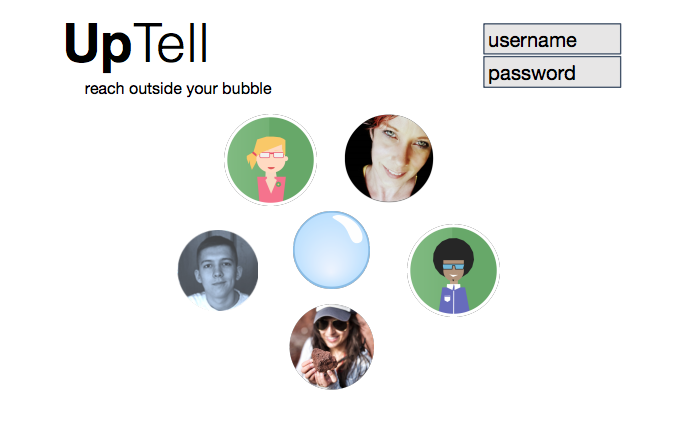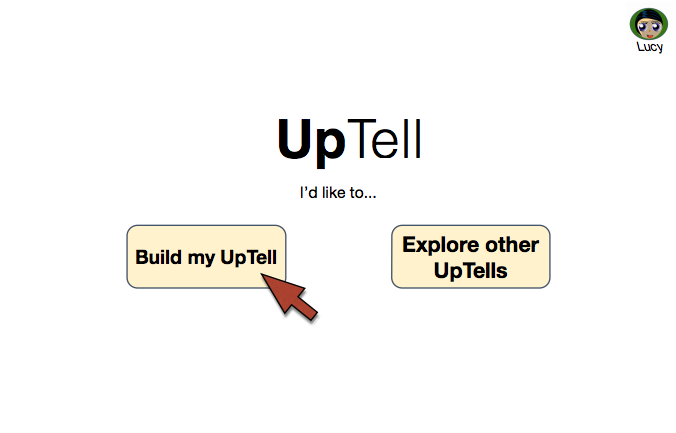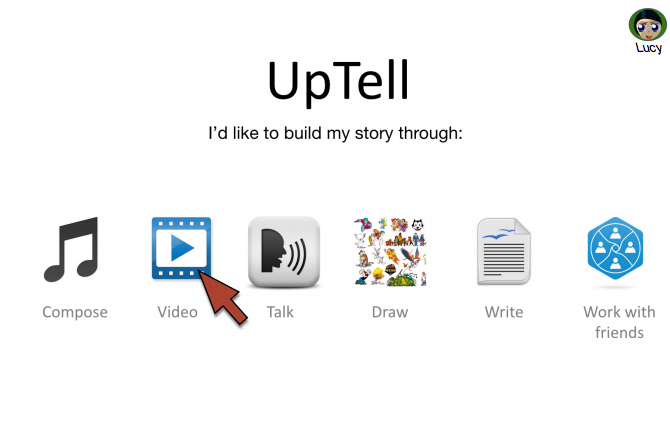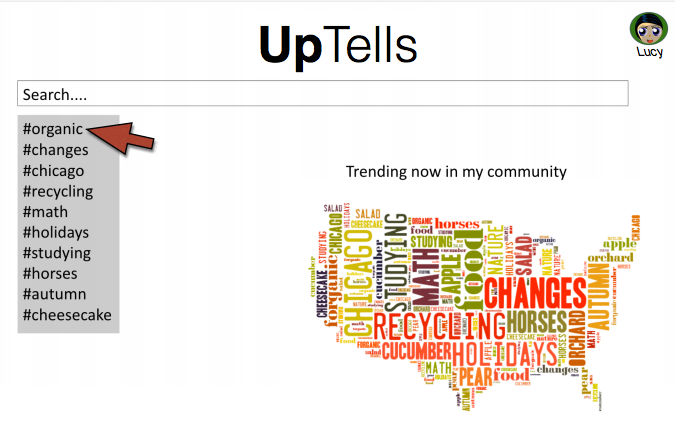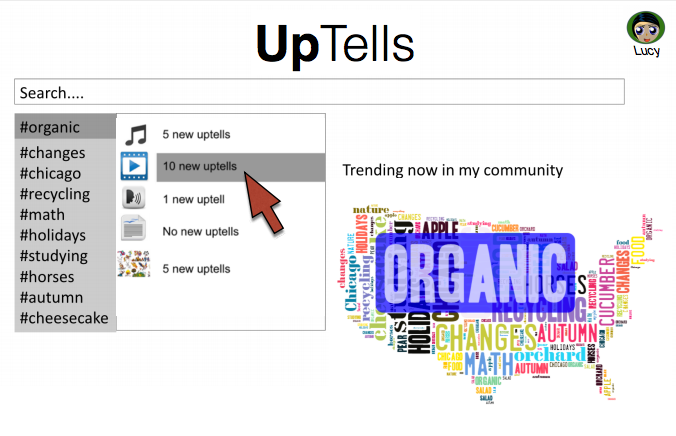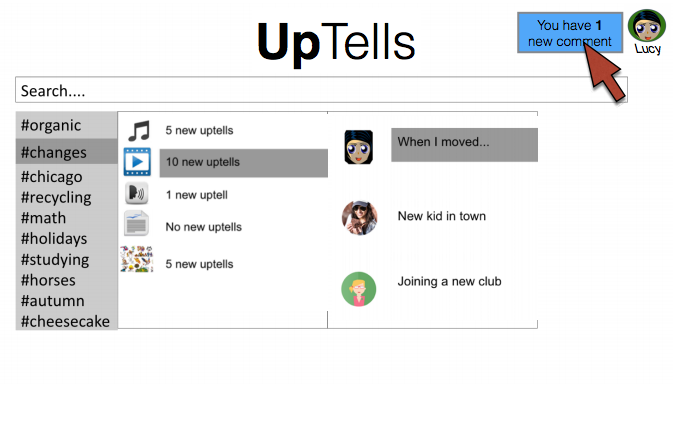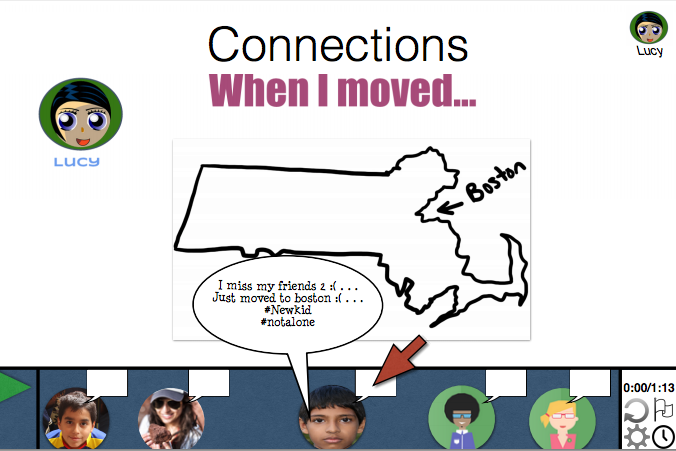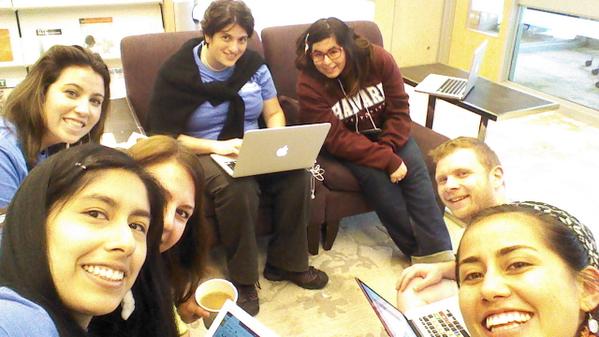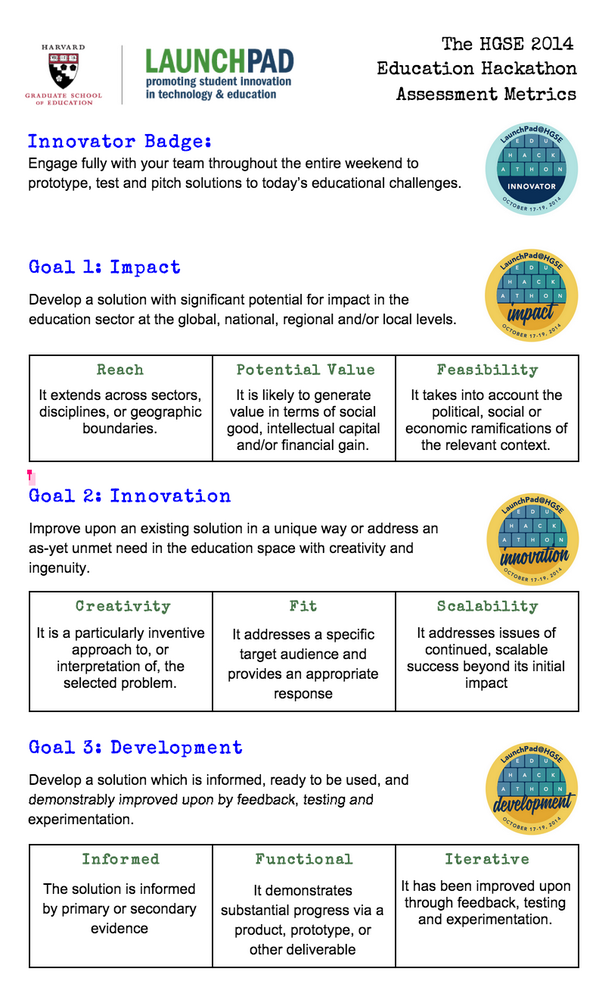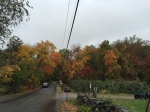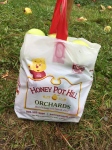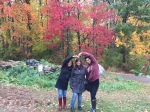Yesterday my friend Nick told me about Hogwarts is Here, an online space where students can enroll and take 9-week courses. The goal of the site is to “simulate a true academic Hogwarts experience” and you start as a first year, taking the same courses that Harry Potter did: Charms, Potions, History of Magic, Defense against the Dark Arts, Herbology, Astronomy, and Transfiguration.
Apparently, you can also join “dorms” and clubs, where you can engage with other users. According to their home page, there are currently 20,000+ students studying at Hogwarts.
I think the difference between this site and Pottermore is that Pottermore focuses mainly on people exploring new writing and scenes from the Hogwarts world, and that Hogwarts is Here is aiming to delve into more of the academic aspect of Hogwarts. As a huge HP geek, I think the fact that these fan sites exist are pretty neat. Even though Hogwarts is a fictional world, there are clearly many people who would like to delve into it and learn as if they were there. You can receive a Hogwarts education without all the dangers of dementors and evil wizards.
I decided to enroll out of curiosity.
Not as cool as getting a physical acceptance letter but still pretty neat. You can choose your own house, which is different from the sorting on Pottermore. (Choosing is pretty hard because I consider myself a Gryffindor/Ravenclaw hybrid. But okay, Ravenclaw!)
So, once you’re in, you can see the courses you can take. You must complete all first-year courses before moving on to second year.
I clicked on “Charms” and this is what I see:
It looks like you can go through the lessons at your own pace. I can’t see any lesson other than lesson 1, as it seems each lesson must be completed before you can see the next one. The assignments for lesson 1 are a multiple choice quiz and an essay. The first “lesson” is all text, which is somewhat disappointing – it would be neat to see videos. Then again, I could see why it might be a large amount of work – the site seems to be run by volunteers who like Harry Potter. It’s not like they’re getting paid for this.
The concept seems similar to The Magical Circle School, which is an online space where users can enroll and learn about various paganism topics and practices. The courses are also run by volunteers who would like to share their knowledge. Your assignments are graded by the people who are “teaching” the classes. I put teaching in quotes because it’s mostly all text that they have written, and you’re basically reading it. I don’t feel there is as much interaction there. Then again, I could see why they may not want to do videos: in most places, identifying as Pagan or Wiccan or any other “non-traditional” religion could have negative consequences. They probably want to keep their identities anonymous by using pseudonyms as they currently are using.
Anyway, on The Magical Circle School, you go through courses and complete assignments based on what you learned in the text you read, or the outside sources professors link to. When you complete a course, you receive a certificate. There is also a forum where you can talk to other users enrolled in courses, which is pretty cool. (I was on the site for a while but apparently they delete your account if you don’t log in within a certain amount of days, and then you have to start over. Also, outside of personal religious curiosity, I didn’t really see how continuing these courses would benefit me. I don’t think “paganism history knowledge” on my resume is going to do much for me.)
Hogwarts is Here also has some social aspects. The “common rooms” are chatrooms where you can talk to other users who are in your house. There are also forums where you can talk about assignments and interact with other users in other houses. There are definitely some roleplaying aspects.
I don’t know how much time I will devote to this considering how many other priorities I have going on in my life right now. Learning more about a fictional world I am already somewhat obsessed with is probably not a good idea. If this had been around when I was a kid, though, I would be super into it.
It makes me wonder what the user demographics are. Are these younger kids who were introduced to HP by their teachers or parents? Or are they people like me who grew up on HP and are very attached to that world, even if it’s fictional?
What would completing/knowing this Hogwarts knowledge gain you, other than geek cred? Or does it not matter what you gain, as long as it’s something you enjoy?



